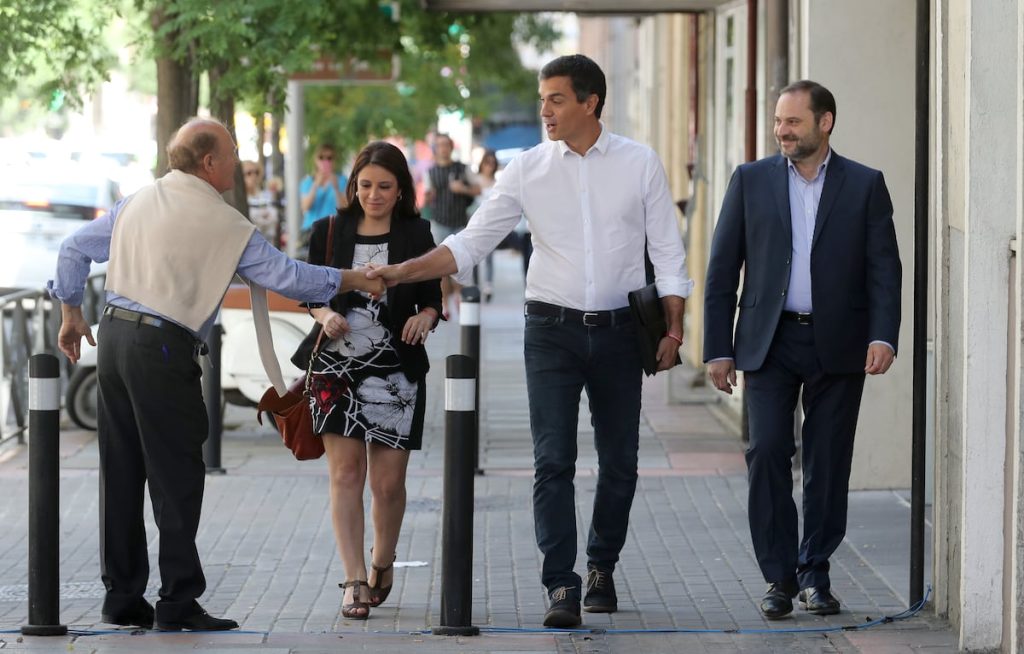On October 29, 2016, Pedro Sánchez appeared in Congress with tears in his eyes to announce his resignation from his seat. This came 28 days after he had resigned as the Secretary General of the Socialists following the internal divide caused by his refusal to have the party support the investiture of Mariano Rajoy. Sánchez expressed his intention to travel around Spain, listening to the voices of those who feel unheard, especially the party’s militants. Despite his desire to regain the leadership of the PSOE, doubts quickly arose. Some of the individuals who had supported him during his initial resignation process shared their experiences and compared them to the current situation.
Following his double resignation, Sánchez distanced himself and went to the United States with his family. During his time in California, he crossed paths with Manuel Castells who would later become his minister of Universities at the suggestion of Podemos. Castells, in his book “Ruptura,” recalls the days at the end of 2016 when he witnessed Sánchez’s decision-making process. He encouraged Sánchez not to give up, highlighting the potential consequences for the PSOE if he did. Meanwhile, within the party, there were doubts and uncertainties regarding Sánchez’s potential return to leadership.
Adriana Lastra, a member of the PSOE, shared her experience of urging Sánchez to consider running again for the leadership position. She highlighted the challenges he faced, including opposition from party members who had previously supported him. Despite the obstacles, Sánchez’s supporters organized events in Valencia and Asturias to demonstrate that the grassroots level of the party still supported him. These events marked an attempt to show solidarity and push Sánchez to consider returning to the leadership position.
The events in Valencia and El Entrego, organized by Sánchez’s supporters, aimed to rally his base of support and encourage him to continue his political journey. Lastra, in particular, recalls a conversation with Sánchez during which she expressed her belief that he could win if he chose to run again. Ultimately, after much reflection and deliberation, Sánchez decided to take a step forward and announce his intention to run for the leadership of the PSOE once again.
Despite challenges and setbacks, Sánchez’s former allies continue to support him and urge him to persevere. They acknowledge the difficult political landscape and the personal attacks that Sánchez has faced, emphasizing the importance of his leadership in the face of a right-wing populist threat. While the support for Sánchez is primarily political, it reflects a belief in his leadership capabilities and a desire to see him continue to defend the values of the party. As the PSOE grapples with internal divisions and external pressures, supporters like Lastra, Ábalos, and Elorza remain hopeful that Sánchez will resist the challenges and lead the party forward.


